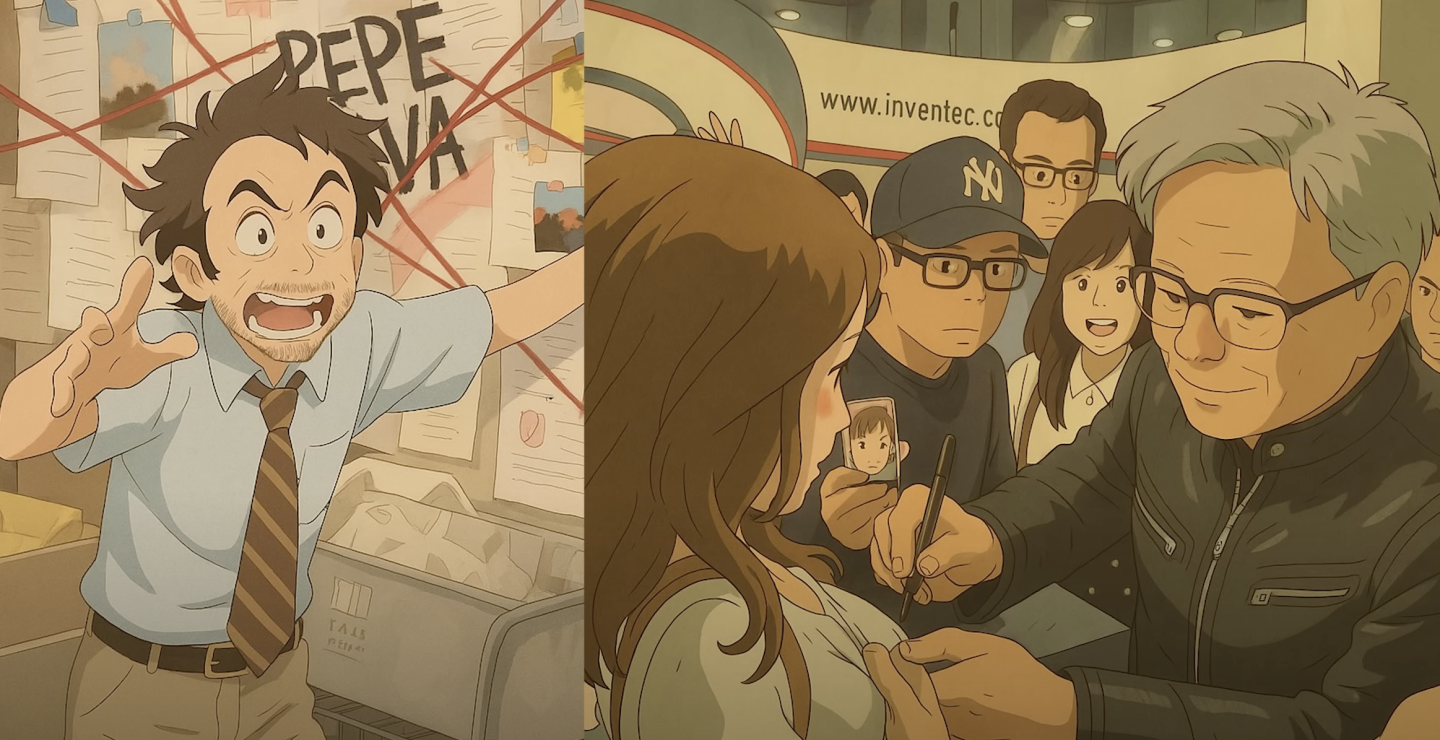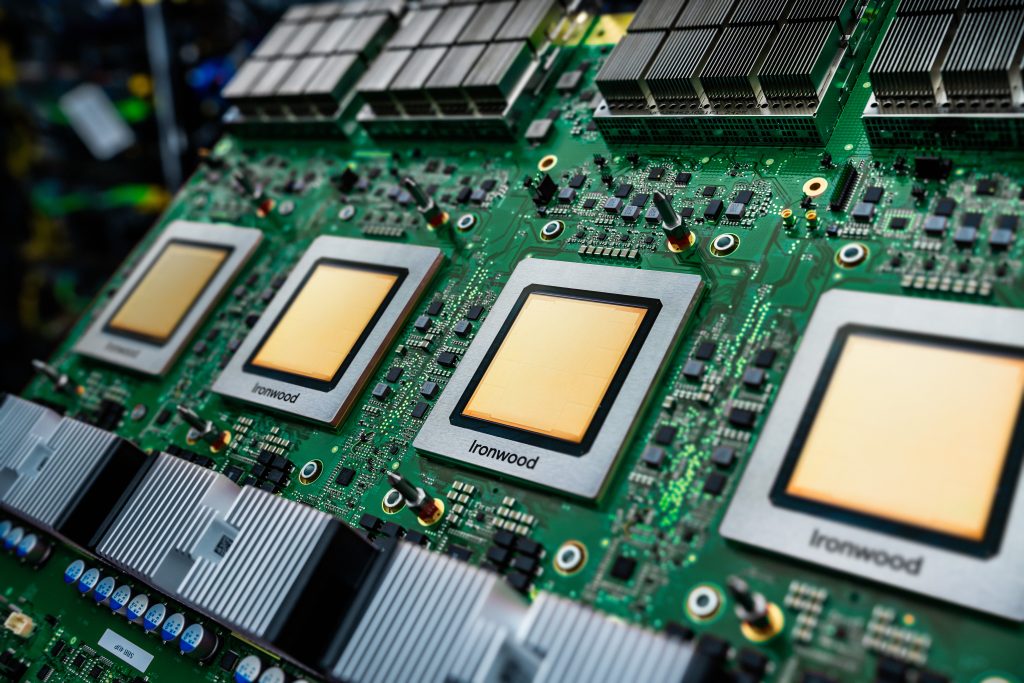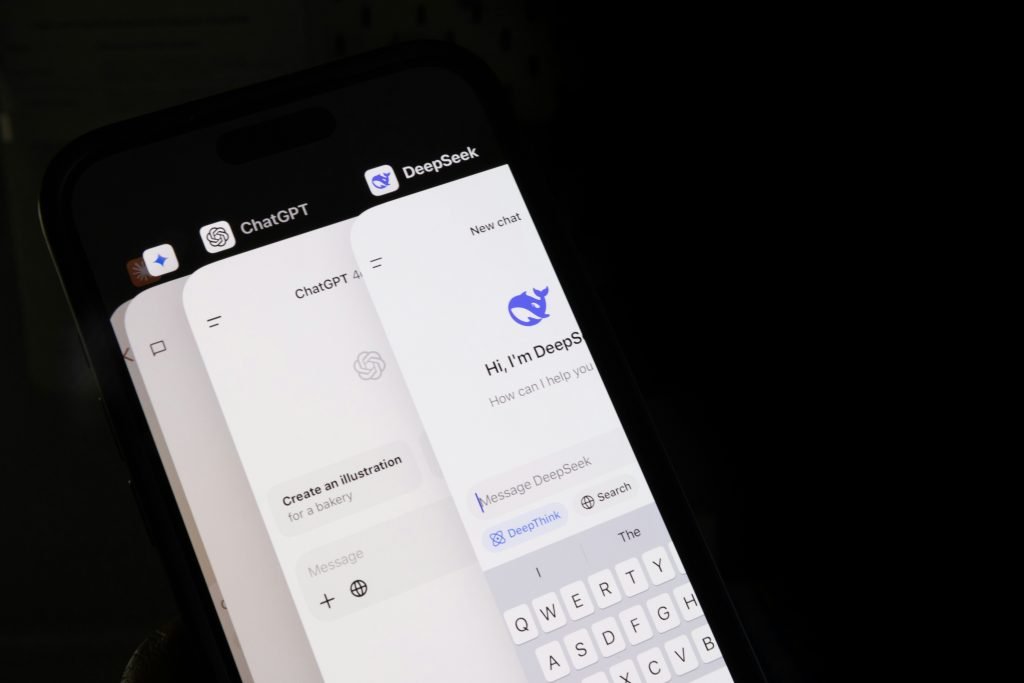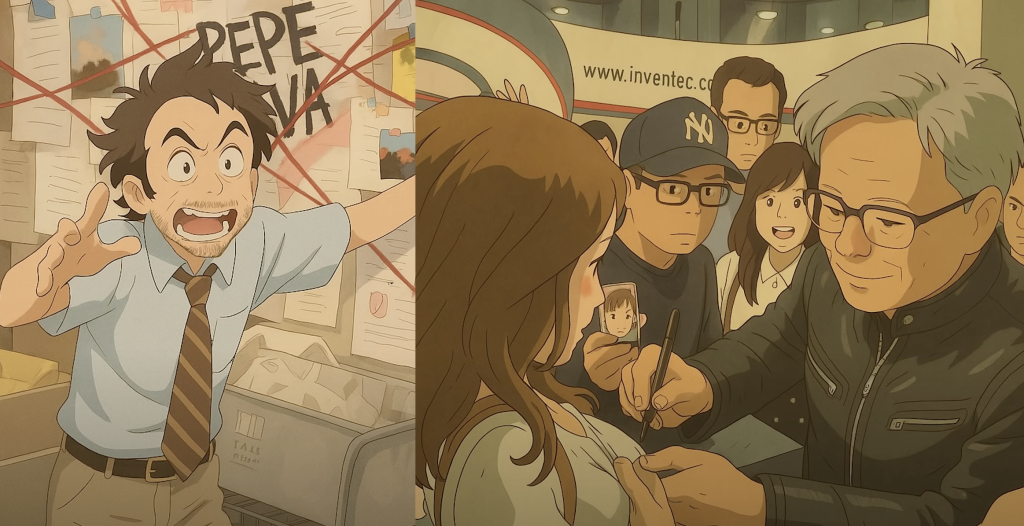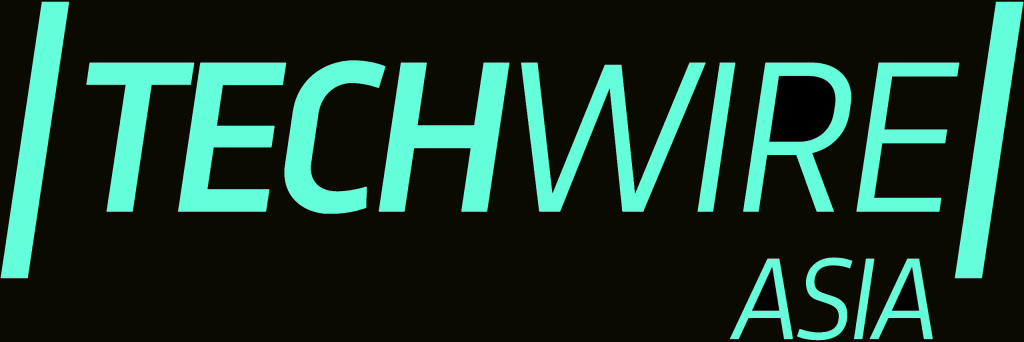- Ghibli-style art pushes ChatGPT’s activity to new highs.
- OpenAI says working to scale capacity for GPT-4o image tools.
ChatGPT’s internet traffic has skyrocketed due to a spike in interest in AI-generated images styled after Studio Ghibli animations.
OpenAI noticed a large increase in engagement following the release of its image-generation tool, which enables users to create artwork reminiscent of classic titles like Spirited Away and My Neighbor Totoro. Data from Similarweb shows that weekly active users passed 150 million for the first time this year.
OpenAI CEO Sam Altman said on social media that the platform added one million users in a single hour – surpassing previous growth records. SensorTower reported that downloads and revenue through the ChatGPT app also increased. Weekly downloads rose by 11%, active users by 5%, and in-app purchase revenue by 6% compared to the previous month.
The rapid increase in use put pressure on the platform’s infrastructure. Users reported slowdowns and brief outages, forcing Altman to caution that future features may face delays while OpenAI manages capacity
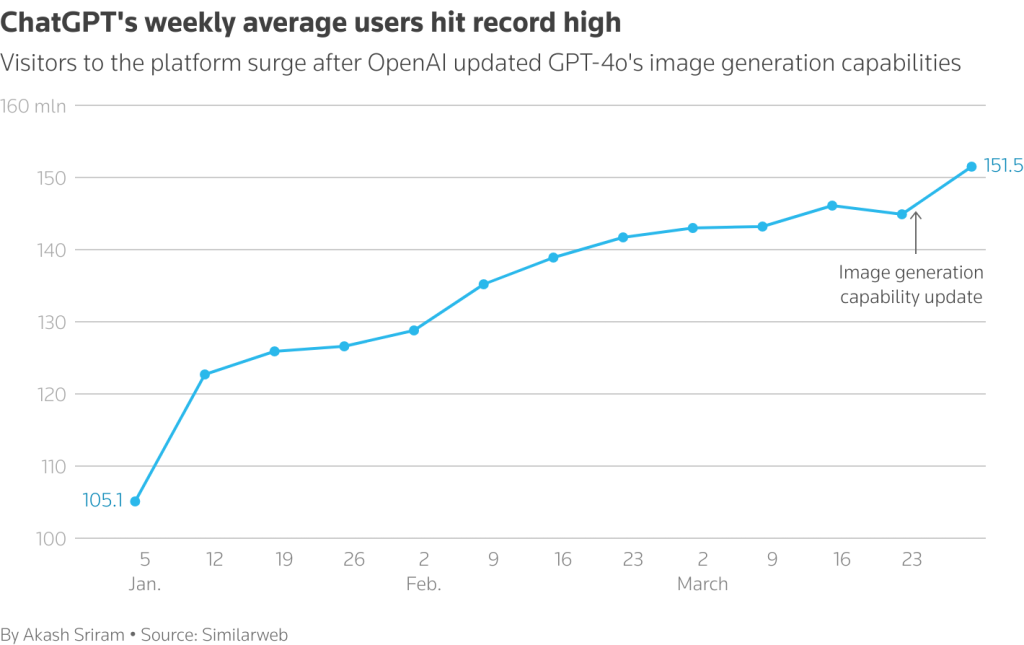
Legal and copyright concerns with the ChatGPT x Ghibli
The viral trend has prompted discussion around copyright. Some legal experts have raised questions about whether closely-replicating distinctive animation styles could cross into infringement.
“The legal landscape of AI-generated images mimicking Studio Ghibli’s distinctive style is an uncertain terrain. Copyright law has generally protected only specific expressions rather than artistic styles themselves,” said Evan Brown, a partner at law firm Neal & McDevitt.
OpenAI did not respond to questions about how its models were trained or whether copyrighted materials influenced its image generator. Studio Ghibli has not issued a formal statement, but commentary from its co-founders has resurfaced.
Hayao Miyazaki’s 2016 reaction to an early AI-generated image drew attention last week. In a widely circulated video, he described the technology as “an insult to life itself.” The full clip shows him responding specifically to a zombie-like AI render, which he called “extremely unpleasant.”
In a recent interview, Studio Ghibli’s managing director Goro Miyazaki acknowledged the growing capabilities of AI. He claimed that AI-generated films could become a reality in the coming years, but questioned whether audiences would embrace them. He also acknowledged that while new technology could lead to new creative voices, it may be difficult to replicate the sensibilities of previous generations. “Nowadays, the world is full of opportunities to watch anything, anytime, anywhere,” he said, suggesting that younger artists may not share the same experiences that shaped Ghibli’s earlier works.
Studio concerns and industry shifts
Japan faces a shortage of trained animators, in part due to long hours and low wages in the industry. Goro noted that Gen Z may be less inclined to pursue the traditionally labour-intensive career path of hand-drawn animation.
AI tools are emerging as a faster, lower-cost alternative to visual storytelling. Studio Ghibli’s legacy includes a number of films that blend fantastical themes with personal and historical reflections. Miyazaki’s latest work, The Boy and the Heron, earned an Academy Award and may be his final project. Goro has contributed his own directorial efforts, including Tales from Earthsea and From Up on Poppy Hill, and helped develop the Ghibli Museum and Ghibli Park.
User privacy and data security
As more users upload personal images to generate stylised portraits, privacy advocates are raising concerns about how that data is collected and used. “When you upload a photo to an AI art generator, you’re giving away your biometric data (your face). Some AI tools store that data, use it to train future models, or even sell it to third parties – none of which you may be fully aware of unless you read the fine print,” said Christoph C. Cemper, founder of AIPRM.
OpenAI’s privacy policy confirms the platform collects user-provided and automatically generated data, including images. Unless users opt out or request data deletion, content may be retained and used to train future models.
Cemper said that uploaded images could be misused. Personal data may appear in public datasets, like LAION-5B, which has been linked to the training of tools like Stable Diffusion and Google Imagen. One reported case involved a user finding private medical images in a public dataset. Cemper said that AI-generated content has already been used to produce fabricated documents and images, adding that deepfake risks are increasing. “There are too many real-world verification flows that rely on ‘real images’ as proof. That era is over,” one user wrote on social media.
Navigating licensing and user rights between ChatGPT and Ghibli
Cemper urged users to be aware of broad licensing terms buried in AI platform policies. Terms like “non-exclusive,” “royalty-free,” and “irrevocable license” can give platforms broad rights over uploaded content. The rights may extend even after the user stops using the service.
Creating AI art in the style of well-known brands could also present legal challenges. Artistic styles like those of Studio Ghibli, Disney, and Pixar are closely associated with their original creators, and mimicking them may fall under derivative work protections.
In late 2022, several artists filed lawsuits against AI firms, alleging their work was used without permission to train image generators. The ongoing legal challenges highlight the tension between creative freedom and intellectual property rights.
Cemper added: “The rollout of ChatGPT’s 4o image generator shows just how powerful AI has become as it replicates iconic artistic styles with just a few clicks. But this unprecedented capability comes with a growing risk – the lines between creativity and copyright infringement are increasingly blurred, and the risk of unintentionally violating intellectual property laws continues to grow. While these trends may seem harmless,creators must be aware that what may appear as a fun experiment could easily cross into legal territory.
“The rapid pace of AI development also raises significant concerns about privacy and date security. With more users engaging with AI tools, there’s a pressing need for clearer, more transparent privacy policies. Users should be empowered to make informed decisions about uploading their photos or personal data – especially when they may not realise how their information is being stored, shared, or used.”

